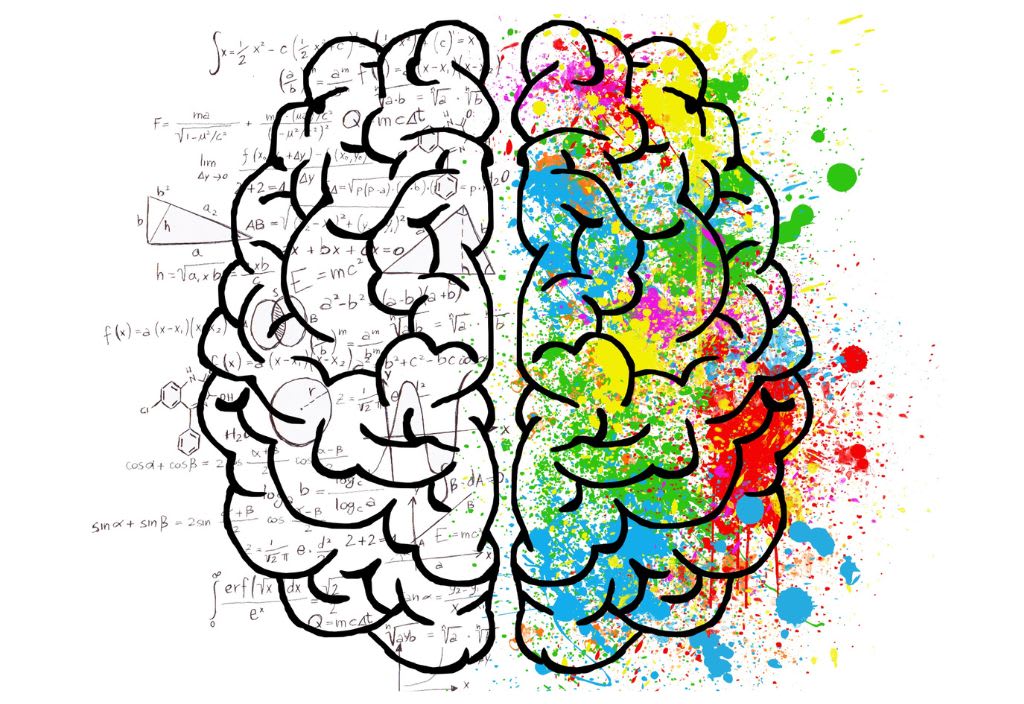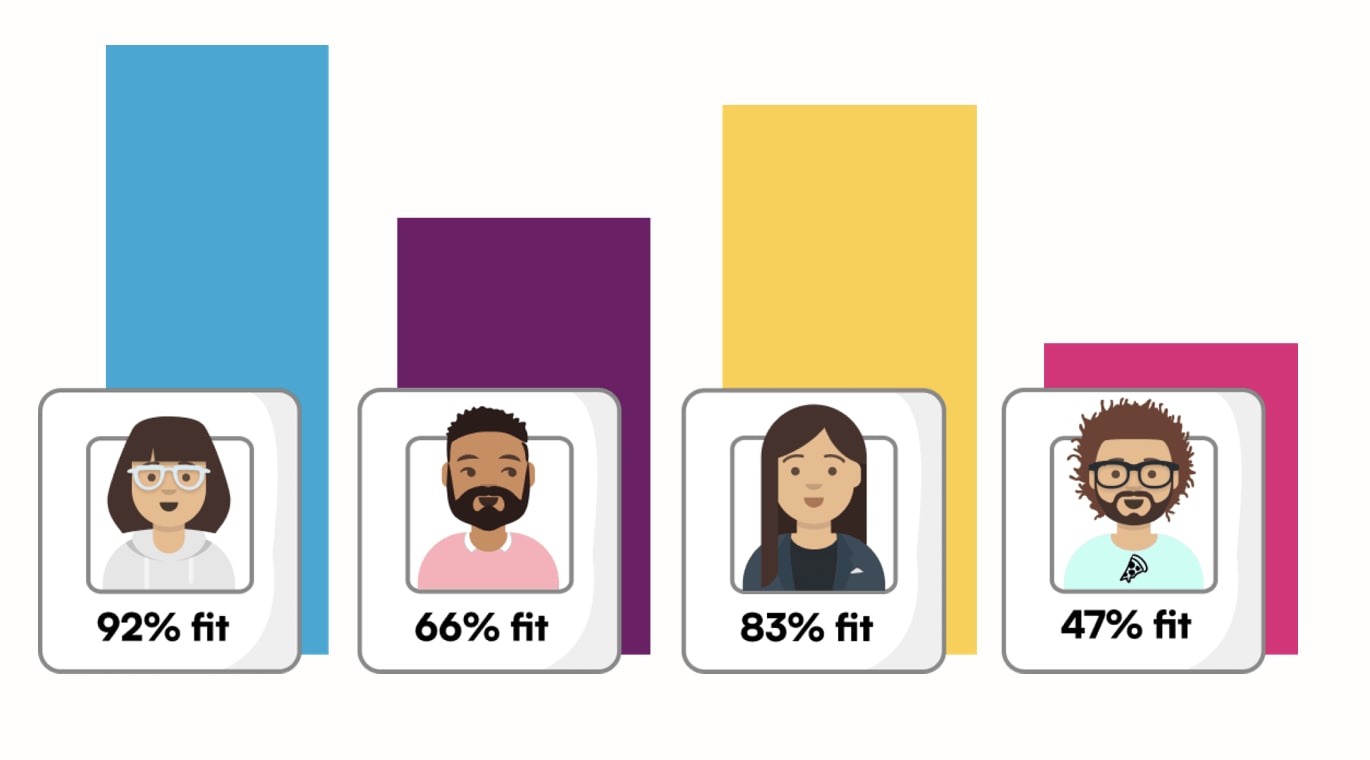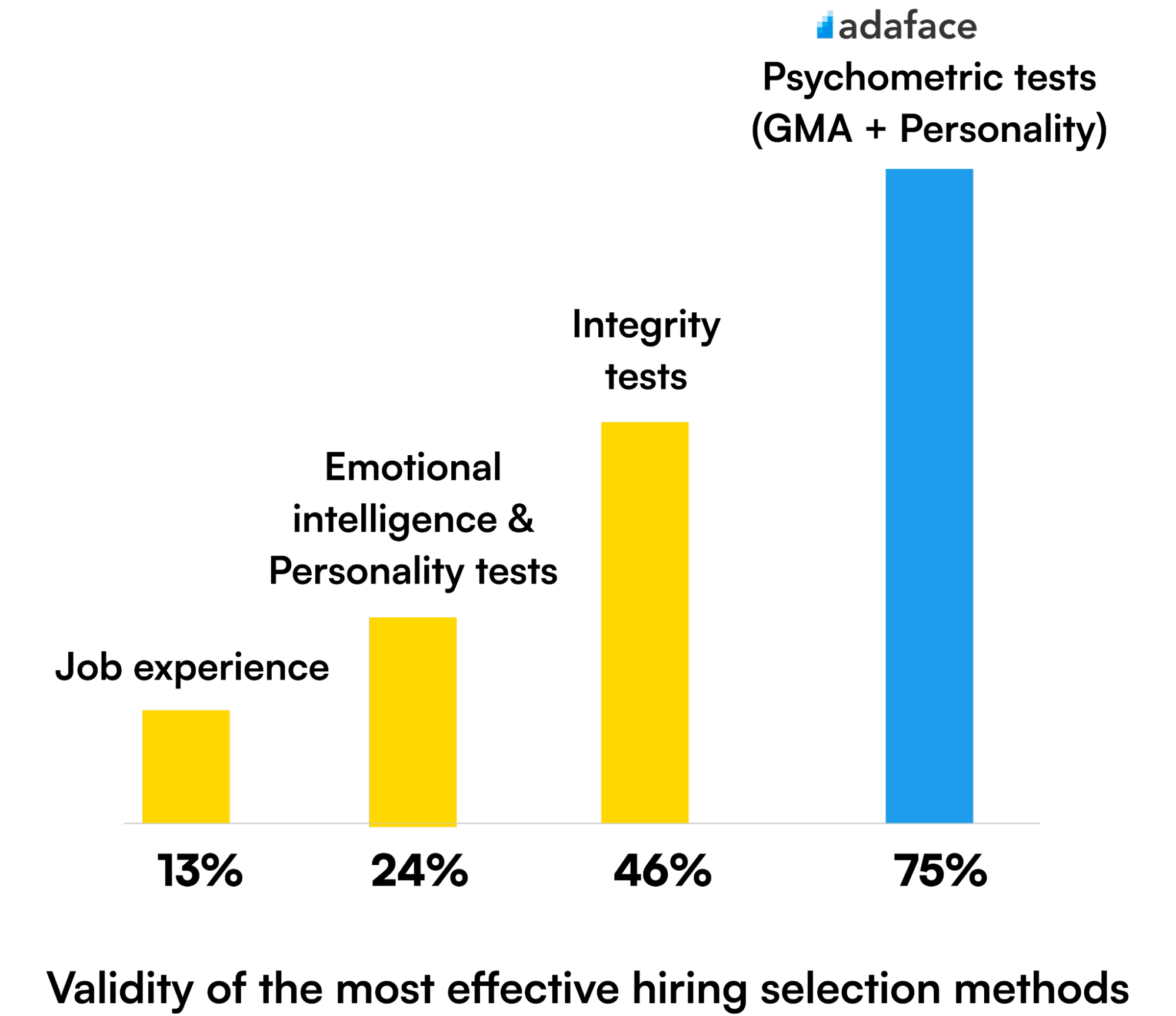
Are you a proponent of fair hiring practices? Do you go the extra mile to assess prospective candidates beyond just checking off line items on that detailed job description? Then, psychometric assessment tools could be your best friend.
By definition, psychometric tests are structured frameworks that look at a candidate's skills from a holistic standpoint and delve deep into factors such as a candidate's personality, behavior, and emotional intelligence.
Psychometric assessment tools help ensure an unbiased personality evaluation of prospective employees as they adopt a nuanced approach to hiring by going well beyond basic job prerequisites.
Several psychometric tools are widely used by HR hiring practice today, including:
1. Personality tests usually check for fitment into organizational culture based on a candidate's behavioral skills.
2. Aptitude tests are largely about competency skills, cognitive intelligence and are relatively straightforward and standardized to administer. They measure lateral thinking abilities, speed, problem-solving, verbal reasoning, and the like.
3. Progress tests are typically used during and after induction into an organization to check how new hires fare with their learning agility and to identify and address possible skill gaps.

Popular use cases of psychometric tools
Psychometric testing is based on psychological research and provides an objective, data-driven approach for measuring behaviors, skills, and aptitudes.
Psychometric tools add value to the hiring process and eliminate the time spent on interviewing applicants not unsuitable for the job. Plus, such an arrangement keeps unconscious bias at bay and makes any interaction with the candidate objective. So, what are the common use cases of psychometric testing? Let us explore:
1. Screening and recruitment
A simple in-person interview may fall short in assessing a potential hire's underlying personality traits. Psychometric tools come off as an advantage as they dig deeper into behavioral styles and mental capabilities.
2. Comprehensive candidate evaluation
Psychometric tools offer an objective, end-to-end evaluation of a candidate from a holistic standpoint by assessing various attributes such as creative thinking, logical ability, critical reasoning, and emotional intelligence.
3. Automation of hiring workflows
As we embrace an increasingly digital world, psychometric tests have also moved on from paper-intensive processes to automated, digitized formats. Hiring professionals can now integrate a host of these tools into any phase of the hiring process, significantly reducing their workload.
Critical criteria for good psychometric tools
As objectivity is critical to psychometric testing, an excellent psychometric test offers fair and accurate results every time it is given. To ensure the same, psychometric testing must meet three standard criteria:
1. Validity
This denotes the quality of a test. A valid test must be able to measure what it is designed for measuring. For instance, if a test is supposed to measure a person's interests, it must clearly demonstrate that it does measure the interests and not something else.
2. Reliability
This psychometric test must be able to produce consistent results and not be significantly influenced by external factors. For example, if a candidate is feeling stressed about taking the test, the result should not be overly different from the times when they were relaxed or excited.
3. Standardization
The psychometric test must be based on results from a sample population genuinely representative of the people taking the test. This arrangement is helpful because you cannot test every professional in a region. However, you can test a sample from that group. In addition, a standardized test administers the same every time to reduce bias.
Types of psychometric tools
Psychometric tools usually measure aspects beyond direct job experience, degrees, or hard skills such as designing or coding. Let us further understand a few types of psychometric assessment tools:
1. MOTIVATION+
Seen as one of the primary psychometric assessment indicators, motivation has long been recognized as a staple when hiring for all roles. In a climate where remote work is ruling the roost, assessing motivation as a critical parameter in hiring decisions makes more sense.
More so, with decreased in-person interaction and a constant blurring of lines between the physical and the digital spaces, employee engagement and overall employee welfare seem to have taken a backseat. The MOTIVATION+ is a test that is useful in identifying key 'drivers' of a candidate's working spirit, collaborative ability, and ability to be a contributor at work.
2. EMOTION 2
Emotion is another psychometric assessment indicator that grounds itself on the premise that an individual's work performance can be attributed significantly to their emotional intelligence.
The EMOTION 2 evaluation is a helpful parameter to get valuable insights into how an individual may collaborate with others and what their emotional and social aptitude is like.
Based on Daniel Goleman's theory, EMOTION 2 deep dives into 15 aspects that assess emotional intelligence and are particularly useful in gauging an individual's ability to work with diverse cultural and ethnic groups, ability to positively drive growth while working with large teams, dealing with differences, and so on.
3. Professional Profile 2
Professional skills necessary to assess job fitment combined with key aspects of personality and behavioral styles usually fall under experienced profile indicators.
To be able to make an optimal choice of candidature by predicting good performance and organizational success, it is important to pay attention to an individual's personality traits, behavioral skills, and features.
Professional Profile 2 is a widely used personality test that assesses the characteristics influencing an individual's work behavior and performance.
4. Adaface Psychometry Profiling System
If you are a recruiter who is in two minds about why and which psychometric tools would be most suitable for use in your industry, you are not alone! Gone are the days when psychometric tests were given with pen and paper. Now it does not have to be like that.
Adaface Psychometry Profiling System leverages adaptive technology and the Big Five personality model to help you identify job-relevant outcomes in the candidates, such as decision-making processes, reasoning ability, and management skills.

Adaface provides you with detailed reports that help you understand where the candidate lies between the extremes for each personality trait and explain the motivational, behavioral, and inclination patterns.
5. CTPI-R
In a digital-first corporate environment that we are catching pace with, disruptions are all the new normal. The ability to tactfully manage the ever-evolving changes alongside people's response to change is a rather scarce skill.
In today's work landscape, managers must stay mindful of this change and embrace it with elan. Businesses should be raring to assess managerial teams' readiness to deal with dynamic work environments and be quick to set up training environments on the go.
In this context, the CTPI-R is a tool that helps assess a manager's managerial potential, behavioral competencies, and leadership abilities. The test offers a comprehensive picture of how your executives think, behave, and react in diverse scenarios.
6. Smart interviews
Enough has been said about how hiring processes are no longer what they used to be a decade ago. There has never been a time easier than now for candidates to apply for a job, thus making the candidate pool large, diverse, and hard to filter.
The resulting increase in applications can burden the hiring personnel, and that is when smart interviews can spare them significant chunks of time and effort.
Conducting video interviews prior to face-to-face interviews are smart psychometric assessments that double up as useful screening tools. They help reduce costs, provide comprehensive feedback, and make better hiring decisions.
7. The Big Five personality test
This is one of the most well-known psychometric tools in the market. Particularly used for creating an effective team, it gives insight into an individual's job, and company fit by assessing their personality on five main personality traits, namely, 'Agreeableness,' 'Openness,' 'Conscientiousness, 'Extraversion,' and Neuroticism.'
For many years, recruiters and hiring managers have used the Big Five test to understand their candidates' behavior to understand how they would be able to contribute to a more productive working environment. The best part is this psychometric tool does not necessarily require expert interpretation, which explains its popularity in organizations.
8. The Occupational Personality Questionnaire (OPQ)
The OPQ is one of the most popular psychometric tools used by companies to assess their workforce's behavior, attitudes, and preferences and enhance personal development and career transition accordingly. It is a form of personal assessment focusing on the occupational personality model.
Traits measured are grouped into categories, including influence, sociability, empathy, thinking style, and relationships. OPQs are used for identifying future leaders and re-deploy talent across the business to create a first-class workforce.
9. Color profiling
This psychometric tool is based on the four personality types as defined by Swiss psychiatrist and psychoanalyst Carl Jung, focusing on the four elements, such as air, water, fire, and earth. This helps create a color profile accepted and understood internationally.
In businesses, color profiling can create a common language across all departments and hierarchies, allowing employers to create a more cohesive workforce - one that has a mix of all colors.
For instance, people with "yellow" personality traits are enthusiastic and sociable. They are optimistic and bring a solid vision to the table. On the other hand, those displaying "green" personality traits are laid back, democratic, and patient.
Similarly, people demonstrating "red" personality traits are strong leaders and ultimate risk takers. They are often impatient but competitive and confident. People with "blue" personality traits are deep thinkers and detail-focused. They have brilliant time management skills.
What is your hiring game plan?
If objectivity is a big part of your hiring game plan, psychometric assessment tools are your go-to since they have the potential to make hiring thorough, seamless, and cost-effective.
Conducting psychometric tests puts the old legacy processes on the backburner and helps assess candidates beyond face value and impressive academic records. Are you ready to optimize your hiring game by decoding the value of psychometric tests in today's hiring landscape?

Asavari is an EiR at Adaface. She has made it her mission to help recruiters deploy candidate-friendly skill tests instead of trick-question based tests. When taking a break, she obsesses over art.
Spending too much time screening candidates?
We make it easy for you to find the best candidates in your pipeline-
with a 40 min skills test.


